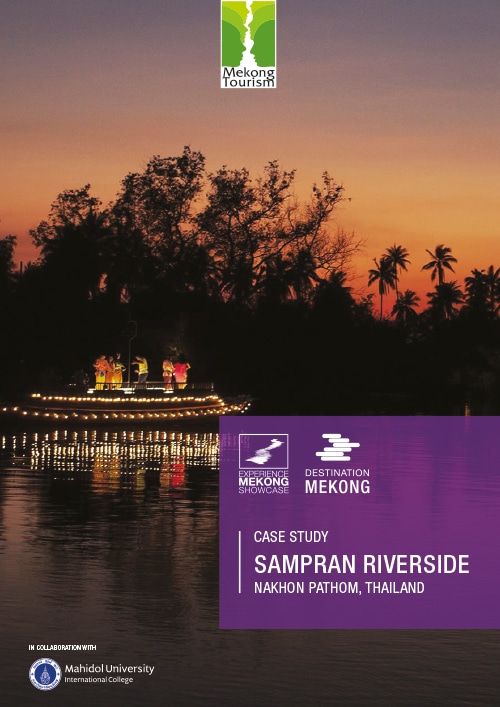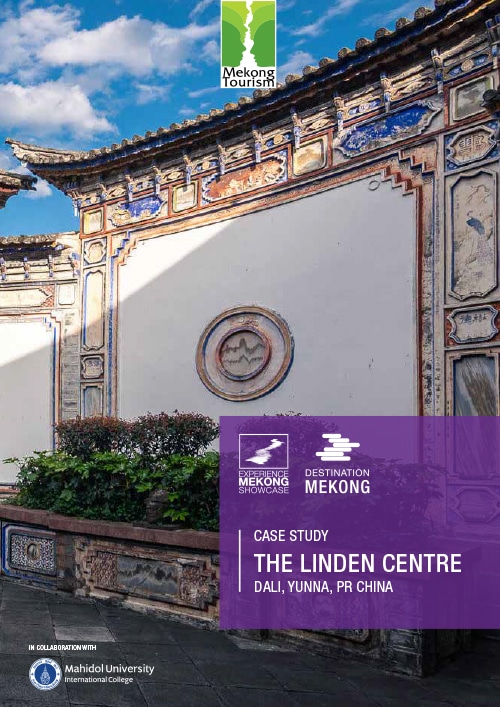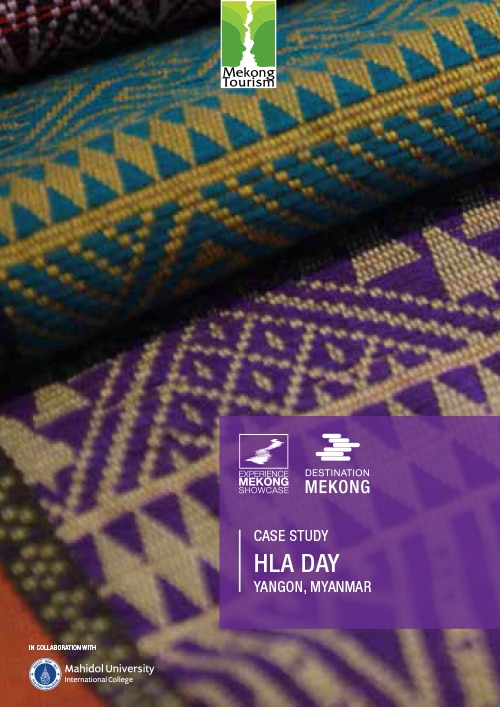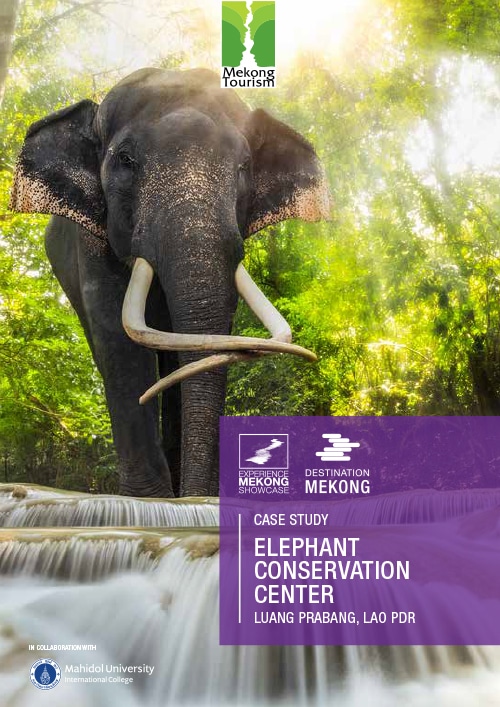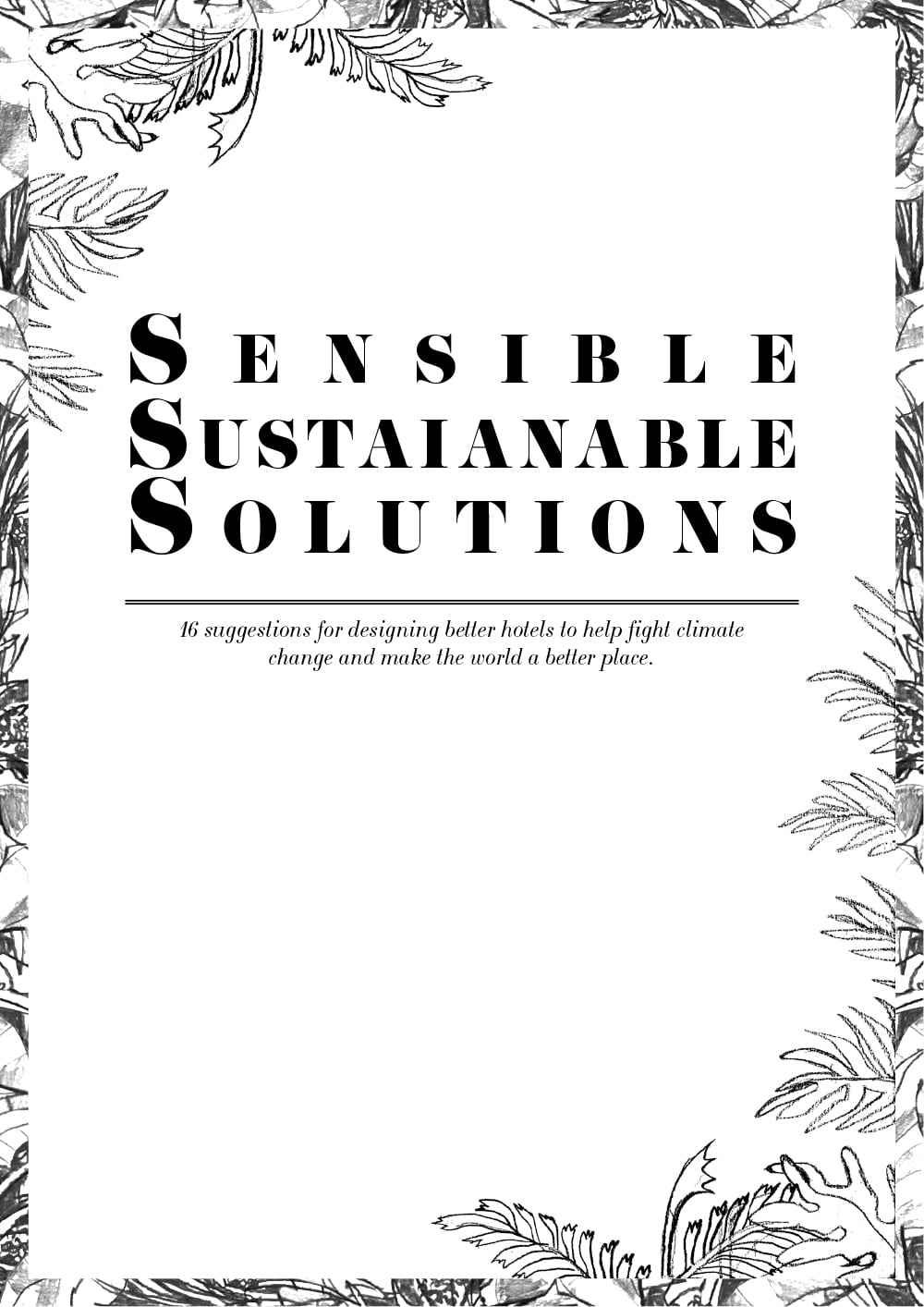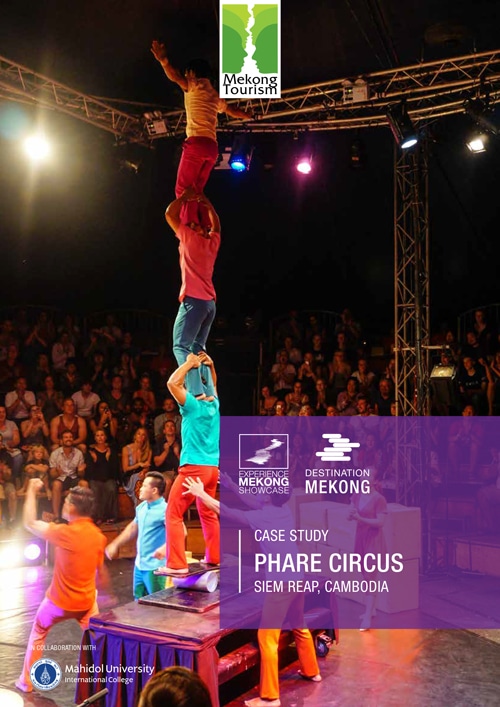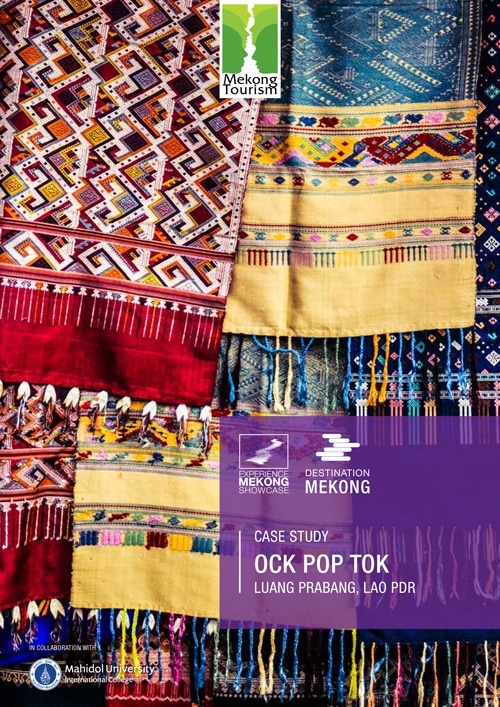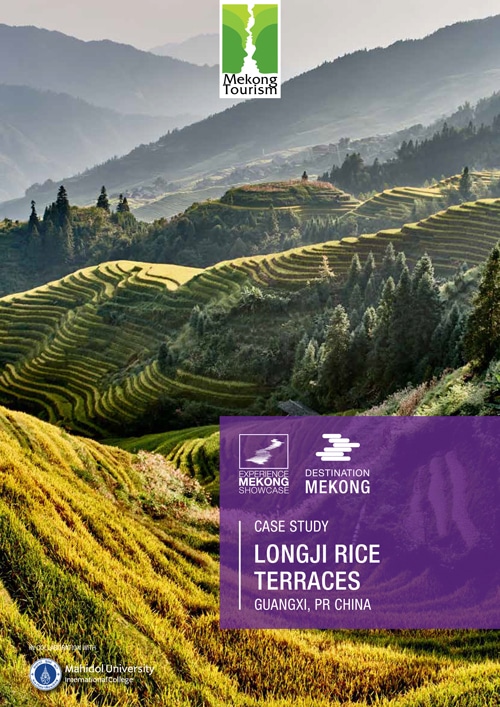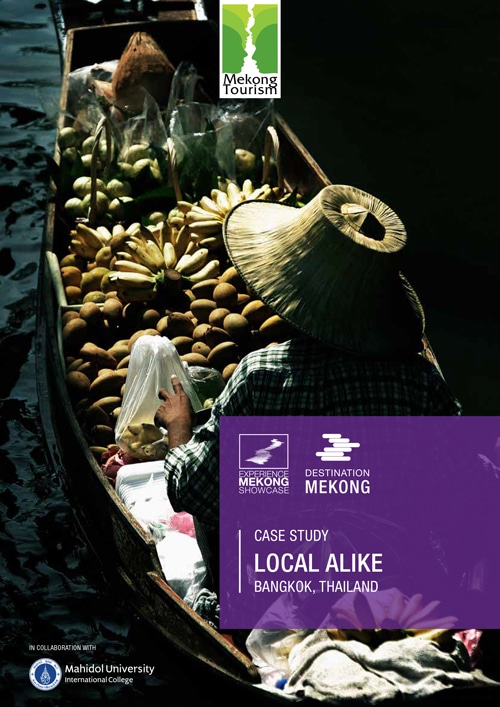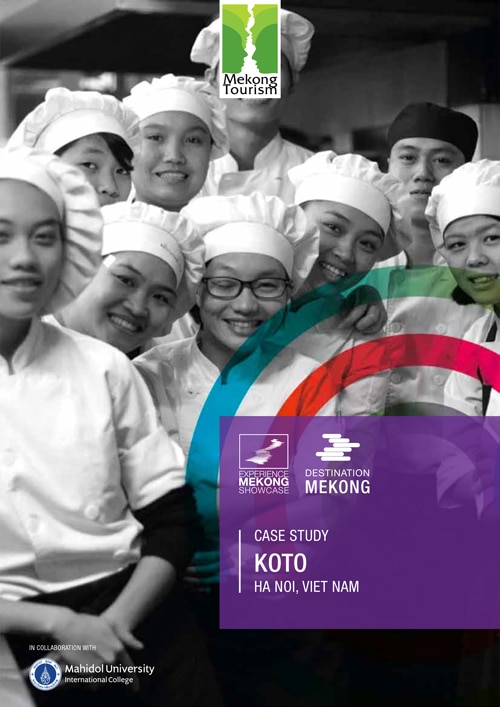Located on a 70-acre plot along the Tha Chin River,
Sampran Riverside (formerly known as the Rose Garden)
is a family-run eco cultural destination; now famous for its
wide range of sustainable initiatives and its sustainable
business model.
The Linden Centre
Floating above the pristine rice and canola fields north of
the old town of Dali is a beautiful courtyard compound
built in 1947 by a wealthy entrepreneur from the Bai ethnic
group named Yang Pinxiang. Over seven decades, the
building, which is located in the historic Xizhou Village,
went through many changes, from being privately owned
to becoming public property after the Cultural Revolution
and land reforms, and from serving as an army barracks
and military hospital to housing a kindergarten. In 2001, it
was designated as a national heritage site. The courtyard
finely captures the exquisite architectural style of the Bai
ethnic group that predominantly lives in the area. This
compound is now a boutique hotel managed and run by
an American couple, Brian and Jeanee Linden, who have
injected new life and respect into this important heritage
site.
Hla Day
Hla Day collaborates
with Myanmar artisans, disadvantaged groups and small
businesses to design, develop and sell handmade-
Myanmar products. Hla Day aims to capture unique
flavors of the Myanmar design by improvising traditional
skills and sourcing all the materials locally.
Elephant Conservation Center
The Elephant Conservation Centre (ECC), located inSayaboury, Lao People’s Democratic Republic (Lao PDR),aims to preserve and protect the Asian elephant, a speciesthat is on the brink of extinction.
Continue readingSensible Sustainable Solutions
Luxury is DEAD. There is no point in designing lavish hotels just to put heads on beds – every hospitality project should have a purpose and a candle to light. We in hospitality – designers, owners or operators – have the superpower of reaching thousands of people. We should shoulder more responsibility concerning issues like education, clean accessible water, alternative energy, energy consumption, food waste, wildlife protection, and conservation. The big hotel companies are part of nature and society too, not just economy. Here are some ideas of how to do something real…
Continue readingCase Study Phare Circus
Phare, The Cambodian Circus (or Phare Circus) is one of the most innovative, energetic, and amazing performance shows in Cambodia. The 330-person circus was established in 2013 and is an authentic, top-rated, and professional evening show that takes place under a big top.
Continue readingCase Study Ock Pop Tok
The Longji rice terraces have a long history since the beginning of the construction during the Yuan Dynasty (1271-1368) and it was completed in the early Qing Dynasty (1644-1911), with a constructing history of over 800 years. The fascinating rice terraces cover 66 square kilometres of the Longsheng county’s mountain, with the altitude from 300 meters to 1100 metres (Travel China Guide, n.d.). Longji rice terraces have been listed as one of the Globally Important Agricultural Heritage Systems (GIAHS).
Continue readingCase Study Longji Rice Terraces
The Longji rice terraces have a long history since the beginning of the construction during the Yuan Dynasty (1271-1368) and it was completed in the early Qing Dynasty (1644-1911), with a constructing history of over 800 years. The fascinating rice terraces cover 66 square kilometres of the Longsheng county’s mountain, with the altitude from 300 meters to 1100 metres (Travel China Guide, n.d.). Longji rice terraces have been listed as one of the Globally Important Agricultural Heritage Systems (GIAHS).
Continue readingCase Study Local Alike
Local Alike was found in 2013, by the two young and active co-founders, Somsak Boonkam “Pai” and Surachana Pakawaleethorn “Noon”. Pai is acting as a CEO of the enterprise. Local Alike is established in order to address three common problems to local communities namely 1) cultural fading 2) traditional skills and trade loss and 3) problem of migration.
Continue readingCase Study KOTO
KOTO is an internationally recognized and awardwinning
social enterprise in Vietnam which operates
as a training restaurant and a vocational training
centre. KOTO stands for “Know One, Teach One”,
a name that reflects strongly in their core belief,
values. KOTO operates two inter-connecting entities
which support each other through a well-designed
business model. The two parts comprise the KOTO
training center (the non-profit organization), and the
KOTO training restaurants (the social enterprise).

